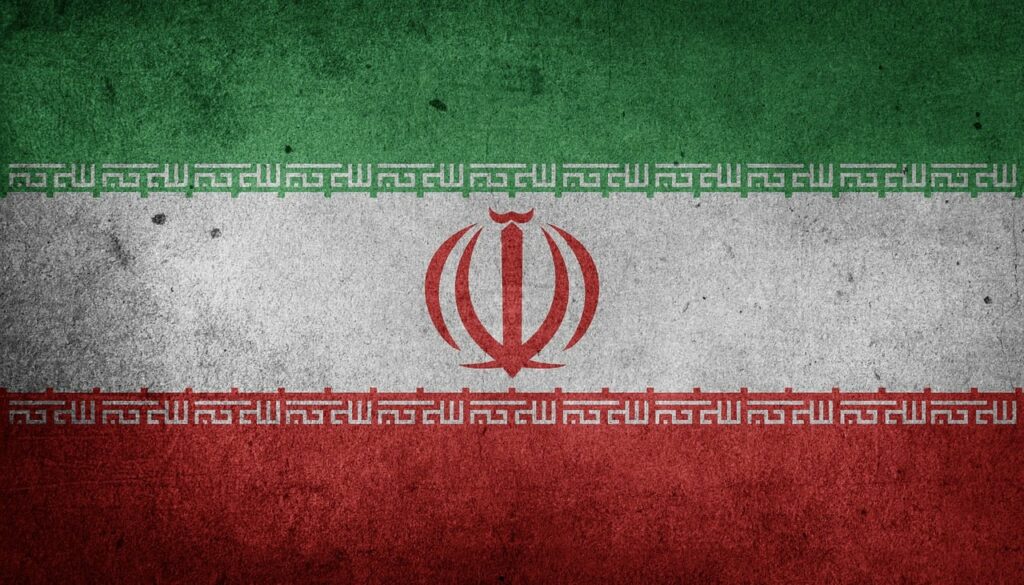
(Scypre.com) – Early Friday, an incident involving what appeared to be a drone attack targeted a significant air base near Isfahan, a central city in Iran. This event activated Iran’s air defenses and occurred shortly after Tehran had conducted a substantial drone-and-missile attack against Israel.
While no official in Iran has publicly confirmed Israel’s involvement in this attack, the absence of a direct response from Iranian officials and the lack of comment from the Israeli military has fueled speculation amidst already heightened regional tensions. These tensions have been exacerbated by recent confrontations, including an ongoing conflict between Israel and Hamas and Israeli operations against Iranian targets in Syria.
Italian Foreign Minister Antonio Tajani, speaking from the G7 meeting in Capri, relayed that the U.S. had received last-minute intelligence from Israel concerning the Isfahan attack. U.S. Secretary of State Antony Blinken confirmed the receipt of the information, clarifying, “We were not involved in any offensive operations.”
The timing of the attack coincided with the 85th birthday of Iran’s Supreme Leader Ayatollah Ali Khamenei, a fact noted by some Israeli politicians who hinted at their country’s involvement. Following the incident, Iran’s air defense systems were reportedly active in several provinces, with state television and military officials like Gen. Abdolrahim Mousavi reporting the engagement of air defenses against multiple aerial objects. Gen. Mousavi stated, “The explosion this morning in the sky of Isfahan was related to the shooting of air defense systems at a suspicious object that did not cause any damage.”
Analysts suggest that the limited nature of the Israeli strike and Iran’s measured response may indicate a de-escalation of immediate threats of further conflict. Alex Vatanka, a senior analyst at the Middle East Institute, emphasized the significance of the subdued reactions from both sides, noting that neither is eager to escalate tensions further. He remarked on the non-confrontational tone of the Iranian response, which avoided direct accusations against Israel.
The airbase in question, known to house Iran’s fleet of American-made F-14 Tomcats acquired before the 1979 Islamic Revolution, has long been a strategic location. Following the incident, reports and videos from local news sources like Tasnim showed activity around anti-aircraft defenses, particularly near areas known for their significance to Iran’s nuclear program, such as the Uranium Conversion Facility in Isfahan. Despite the military activity, all nuclear sites were reported safe by state media and the International Atomic Energy Agency (IAEA), which reiterated calls for restraint and emphasized that nuclear facilities should never be targeted in military conflicts.
Iran’s nuclear ambitions have been a point of contention, particularly since the U.S. withdrawal from the nuclear agreement under former President Donald Trump in 2018. The advancement of Iran’s nuclear program to nearly weapons-grade levels of uranium enrichment has continued to alarm international observers, although Iran maintains its nuclear activities are for peaceful purposes. The IAEA has pointed out that Iran possesses sufficient enriched uranium for several nuclear weapons, though U.S. intelligence reports suggest Iran has not taken steps toward weaponization.
The incident in Isfahan also had wider regional implications, affecting flight patterns over western Iran and causing temporary disruptions to commercial aviation. It occurred alongside other regional military activities, including a reported Israeli missile strike in southern Syria and unexplained explosions in Baghdad, Iraq, heightening concerns about broader regional instability.
The event has had transient effects on global markets, notably impacting oil prices, and has prompted military and trade advisories concerning increased drone activity in the Middle East. Despite these tensions, the potential for de-escalation remains, as indicated by experts who suggest that a return to proxy conflicts may be more likely than direct confrontation, provided no further escalations occur in the near term.